 Today we’d like to introduce you to Alex Koebke.
Today we’d like to introduce you to Alex Koebke.
Alright, so thank you so much for sharing your story and insight with our readers. To kick things off, can you tell us a bit about how you got started?
Most kids, when they’re young, have a stuffed animal or blanket that they take with them wherever they go, but I was peculiar. Instead of a teddy bear, I carried around VHS tapes.
For as long as I can remember, I’ve been obsessed with movies. I’ve always known that there was no other direction for me besides being a screenwriter/director.
I never took many initiatives with this passion in high school – I wrote a few scripts and made half a movie with my younger sister, but I was focused on my other interests, like music, short stories, and basketball.
Nevertheless, this was a formative time because I was discovering my favorite films and starting to find my artistic voice. It wasn’t until college that I really felt enabled to start making films. At SCAD, I learned about cameras, how films are made, and I met others who were interested in cinema.
Suddenly, making movies was all I could focus on. I felt that I had some success early on, and this encouraged me to keep going.
I’m sure you wouldn’t say it’s been obstacle-free, but so far would you say the journey has been a fairly smooth road?
When I began making films of my own, I began to realize how expensive the art form is. I saw how privileged I was to pursue a career that is self-serving and not actively contributing to society, and I felt guilty in a way. I wanted to contribute something, but how was I supposed to in this field?
It all felt so superficial, but I slowly learned that movies do contribute something: an escape from people’s everyday lives. Everyone needs to unwind in front of the TV after a tough day. Though it seems small because we take it for granted, I realized how important it really is, and that I shouldn’t lose sight of it.
Still, I wanted to do more than help people escape. While entertainment is a movie’s first purpose, there’s a second, under-utilized purpose: movies can spread an important message. So I resolved that my movies should entertain the audience as well as enlighten them with a moral that they can ponder, and hopefully accept and pass on. In this way, I can contribute something to society and affect change.
This leads me to make films that are very personal, which introduces even more roadblocks. In high school, I was outed as bisexual, which is tough for someone that most people assume to be straight. I wanted to make a film about this moment in my life, but it became very difficult when I realized that most male actors didn’t want to play a non-hetero role, or even associate themselves with the movie.
Luckily, thanks to a brave kid we found a week before shooting and my amazing friends and family, we were able to make the movie. With this experience, among others, I learned that making films with a social/political message is risky – lots of people may not agree with what you’re trying to do.
When that happens, I just have to reinforce my values and carry on. I believe what I do, so I have to hope others will as well.
Thanks – so what else should our readers know about your work and what you’re currently focused on?
As I said, I strive to make my films entertaining and enlightening. Other filmmakers may value one over the other, but both are important to me. I think the best way to affect change through movies is by wowing the audience while they’re watching it, then leaving them with a moral they can chew on afterward.
My best example of this is my first short film, “Alien” (2020). Beneath the surface, the film is a commentary on the pressure we place on a person’s appearance, but it is also a suspenseful sci-fi mystery about a pair of superficial body snatchers.
“Alien” is my proudest achievement to date. It was a very ambitious film for a group of freshman film kids to take on, but we did it and it was lots of fun. I ended up picking up many skills through that movie. It was my first time writing/directing, producing, editing, scoring, a sound mixing movie, so I developed a very well-rounded understanding of the filmmaking process.
The movie went on to have a theatrical premiere in my hometown of Vienna, Virginia. It was billed as a “Halloween Sci-fi Double Feature” and preceded a public screening of Chris Nolan’s “Tenet”. It was a profitable screening, and all the proceeds went to the National Eating Disorders Association.
The film then ran the festival circuit, and Grayson Bane, the lead actor, was nominated for best performance at the Diabolical Horror Film Festival.
Alright, so to wrap up, is there anything else you’d like to share with us?
Since “Alien”, I’ve directed 3 more short films that are currently in post-production, all intended to be released in April.
In the meantime, I completed and released 2 mini-documentaries: “Shawn Purcell at the 40th Savannah Jazz Festival”, and “Gene Littles at High Point University” which is about the late, great, former NBA coach Gene Littles and his time at High Point University, where he became the school’s first black student.
I’m currently in pre-production for my final film at SCAD, titled “It’s a Privilege.” “It’s a Privilege” is about a politically-correct woman who attempts to poison her offensive, wealthy fiancé in order to steal his secret pile of cash and send her disadvantaged girlfriend to college. It is a suspenseful crime-thriller that discusses themes of income inequality and political differences.
If you’d like to be a part of our ambitious new project, consider donating to our crowdfunding campaign at https://igg.me/at/itsaprivileg
Contact Info:
- Email: [email protected]
- Website: https://alexkoebke.wixsite.com/website
- Instagram: https://www.instagram.com/alex_koebke/ | @itsaprivilegefilm
- Other: https://vimeo.com/alexkoebke
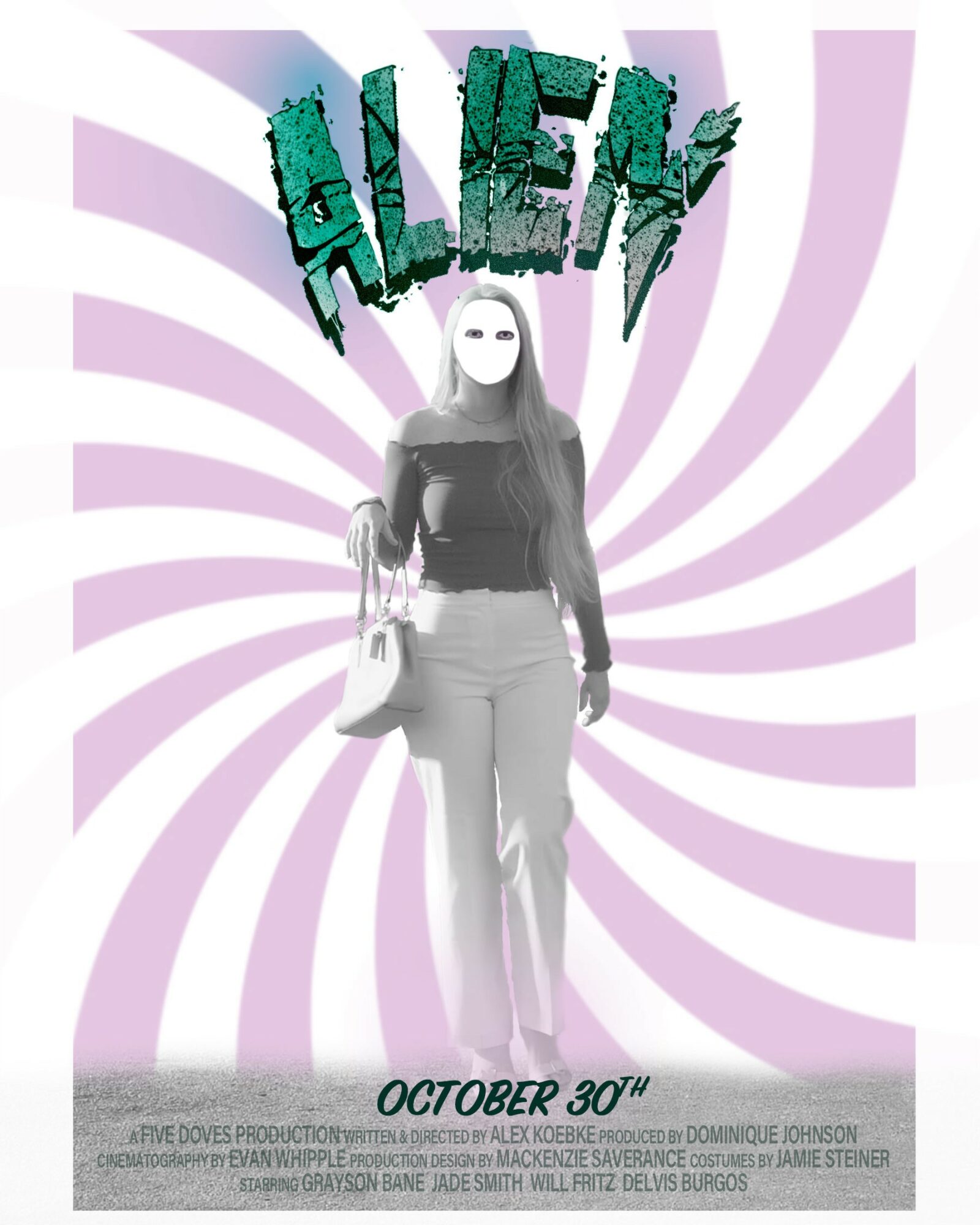
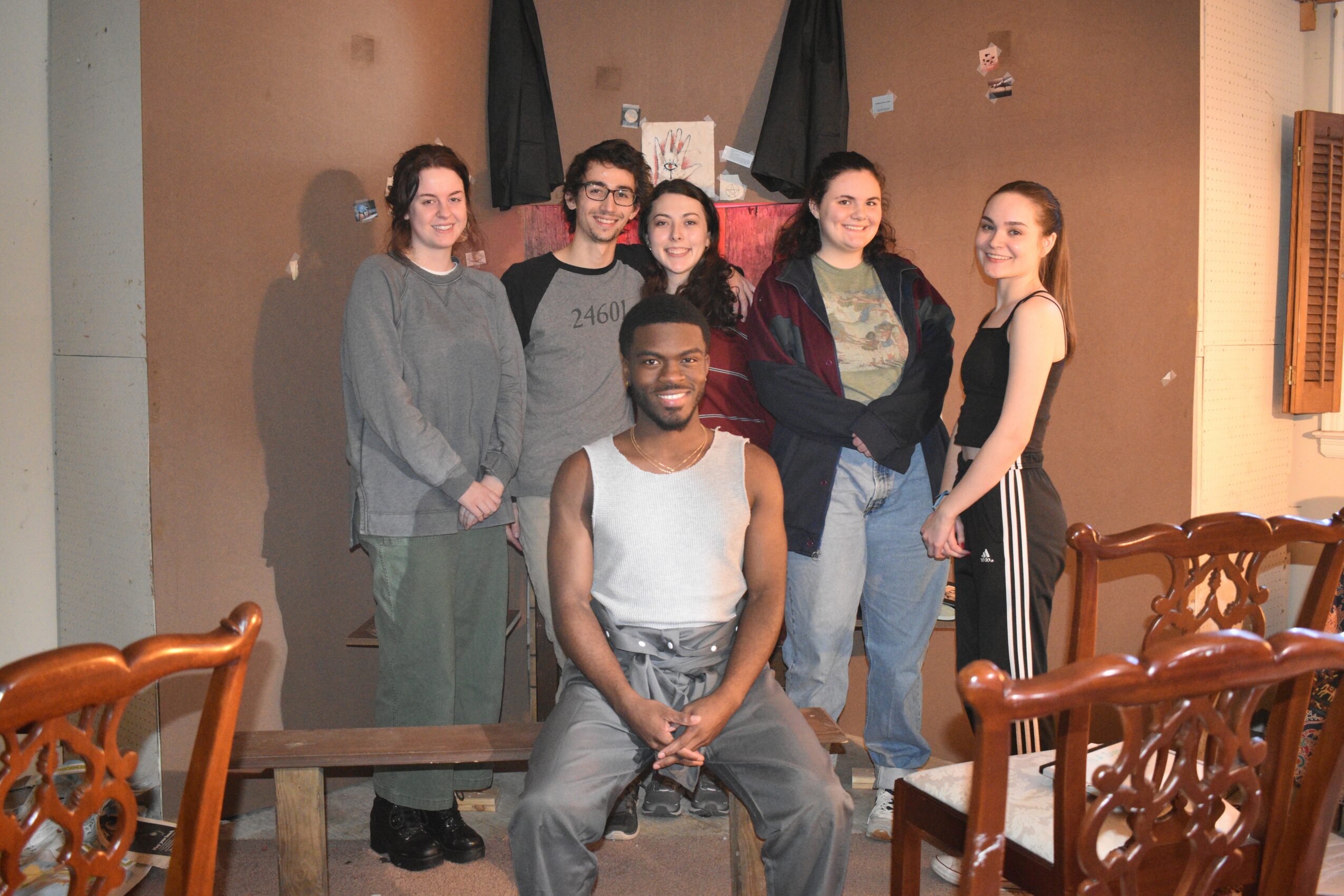
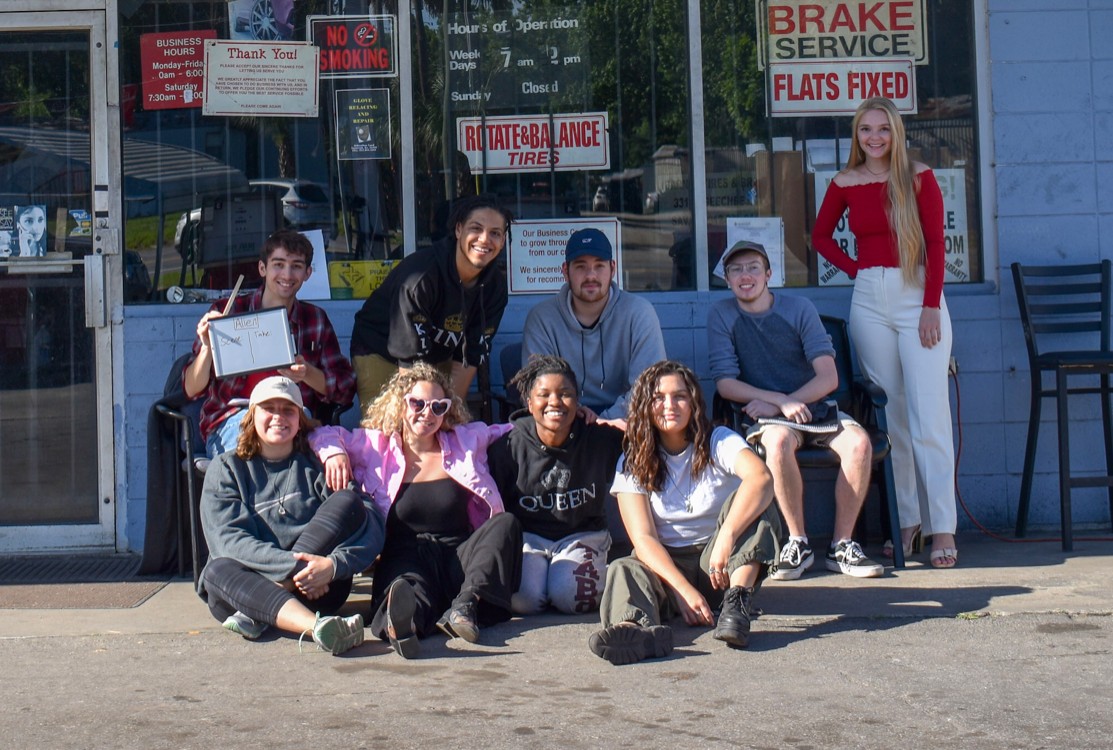
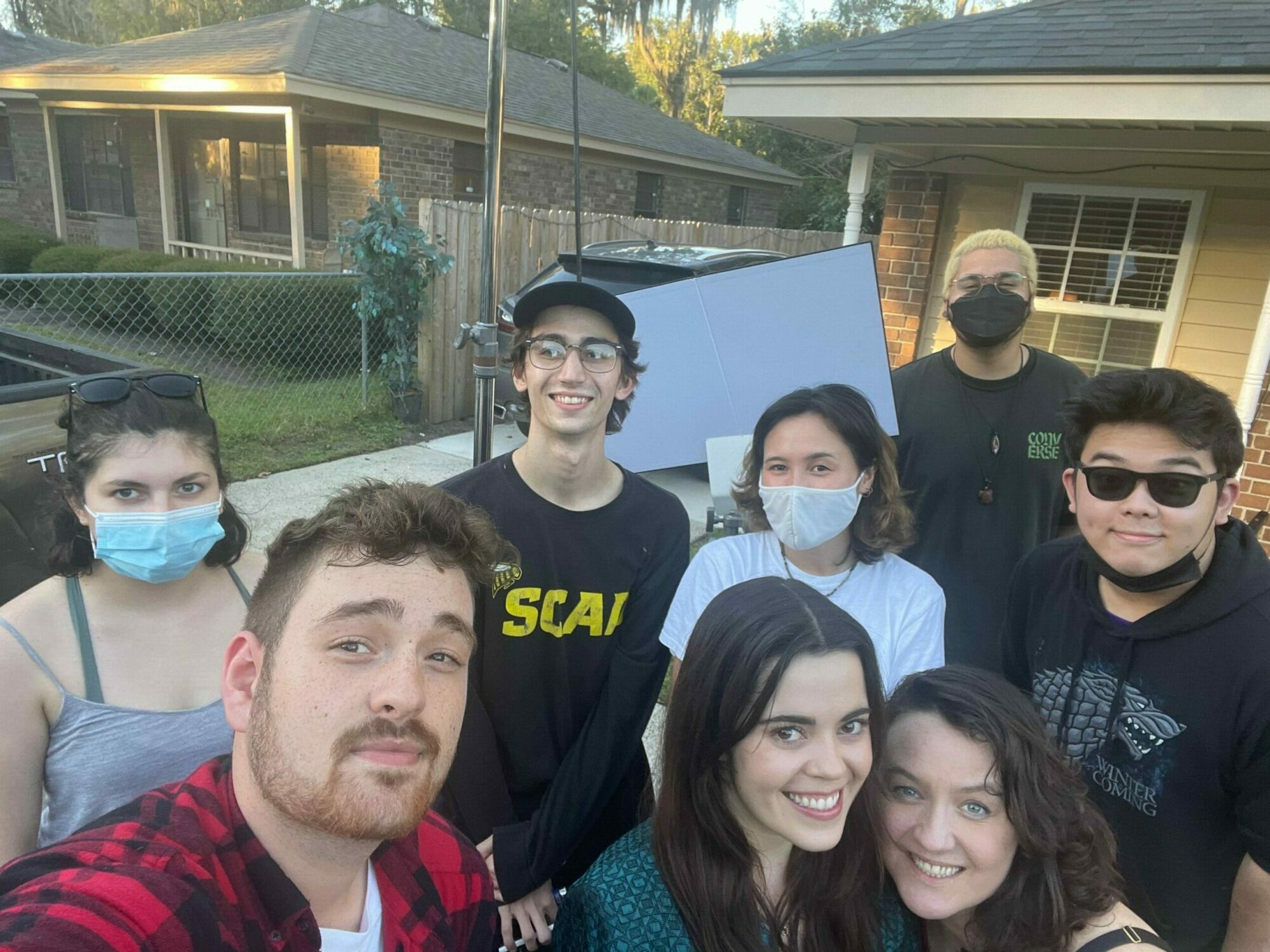
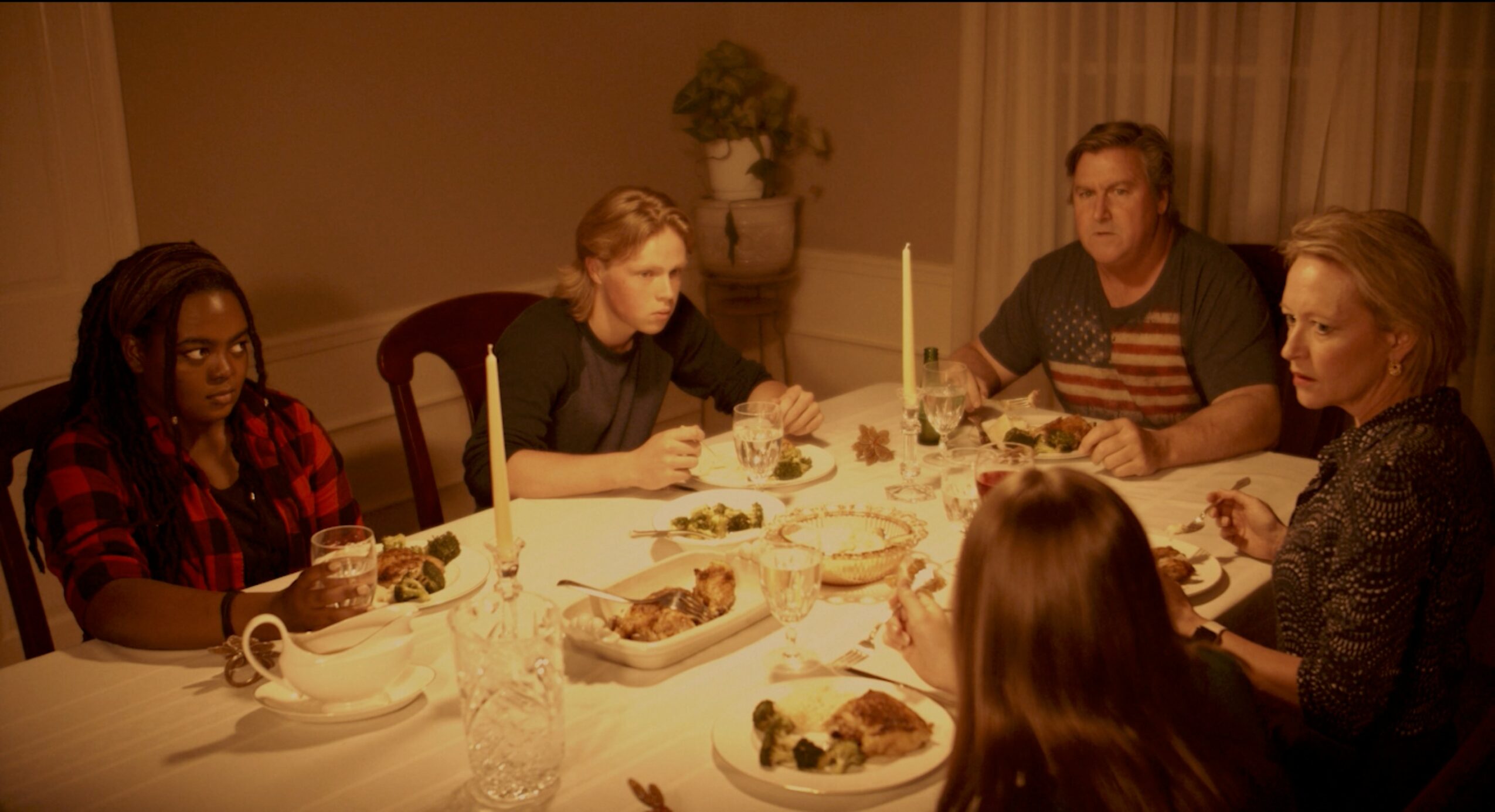
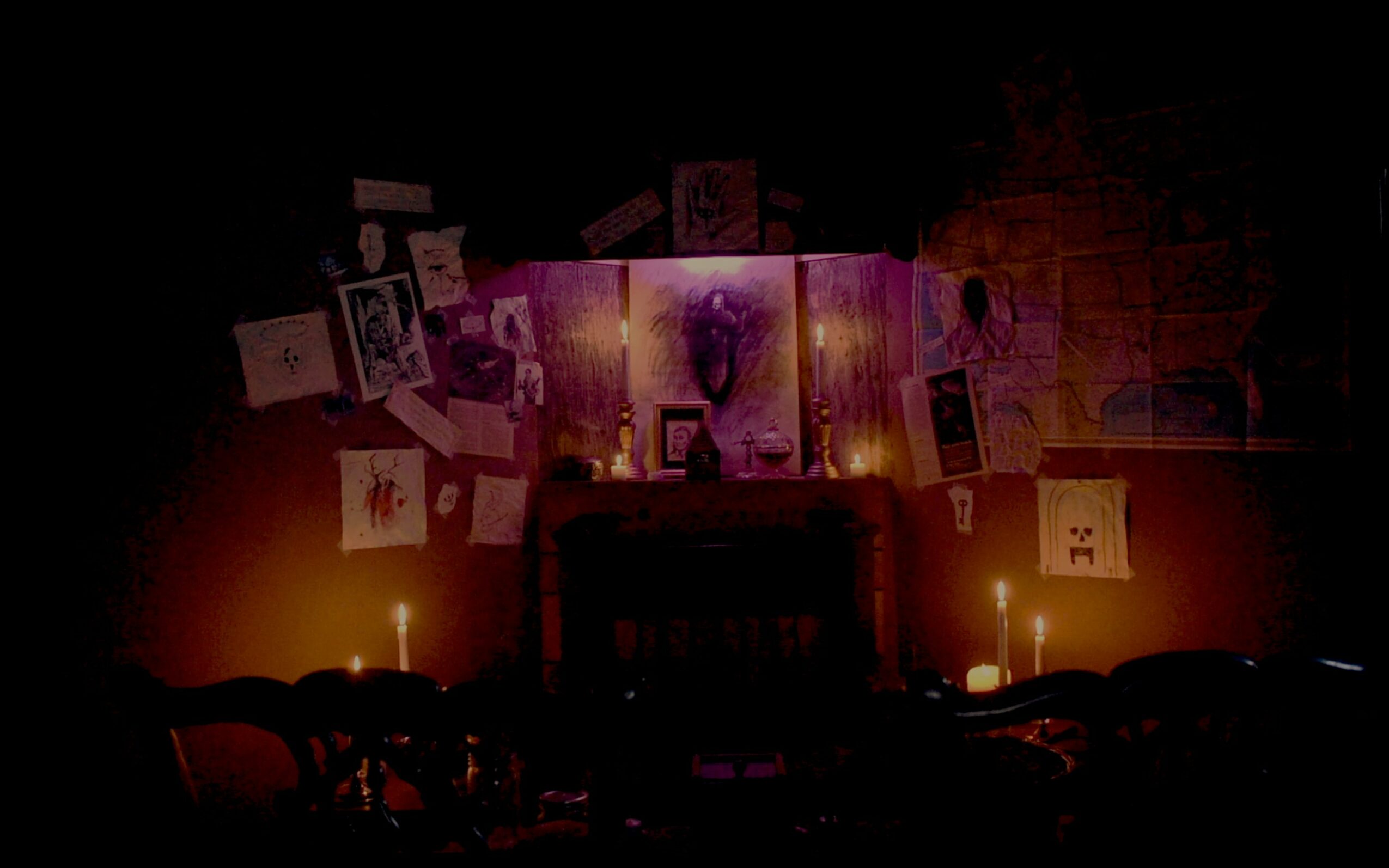
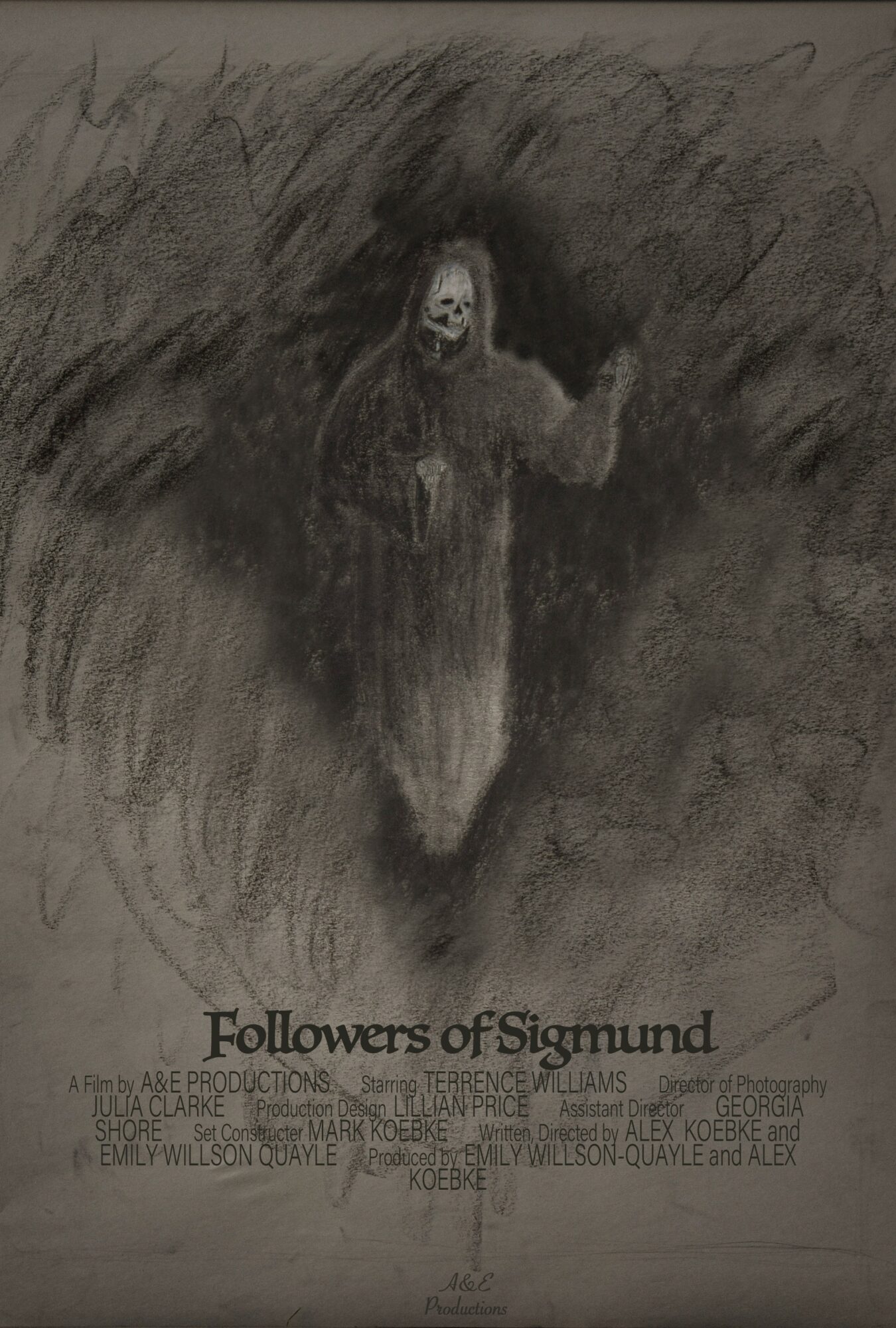 Image Credits
Image Credits
Jasmine Hiranprueck and Jay Simpson












Gloria Artavia
March 23, 2022 at 7:06 pm
So very proud of what you have chosen to do with your future.